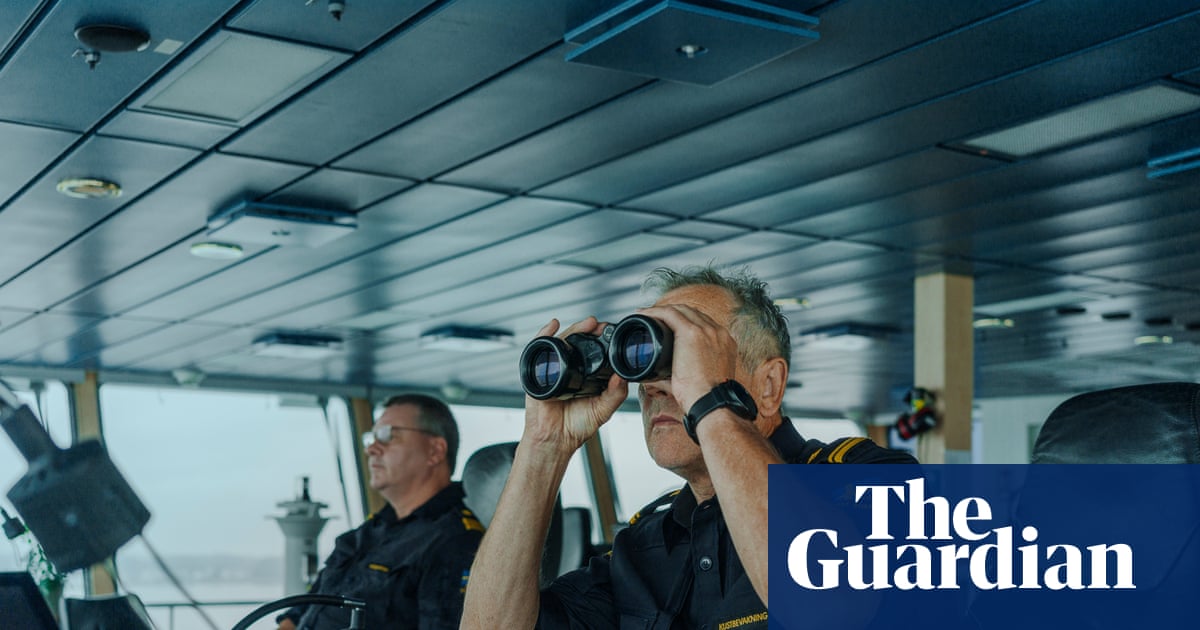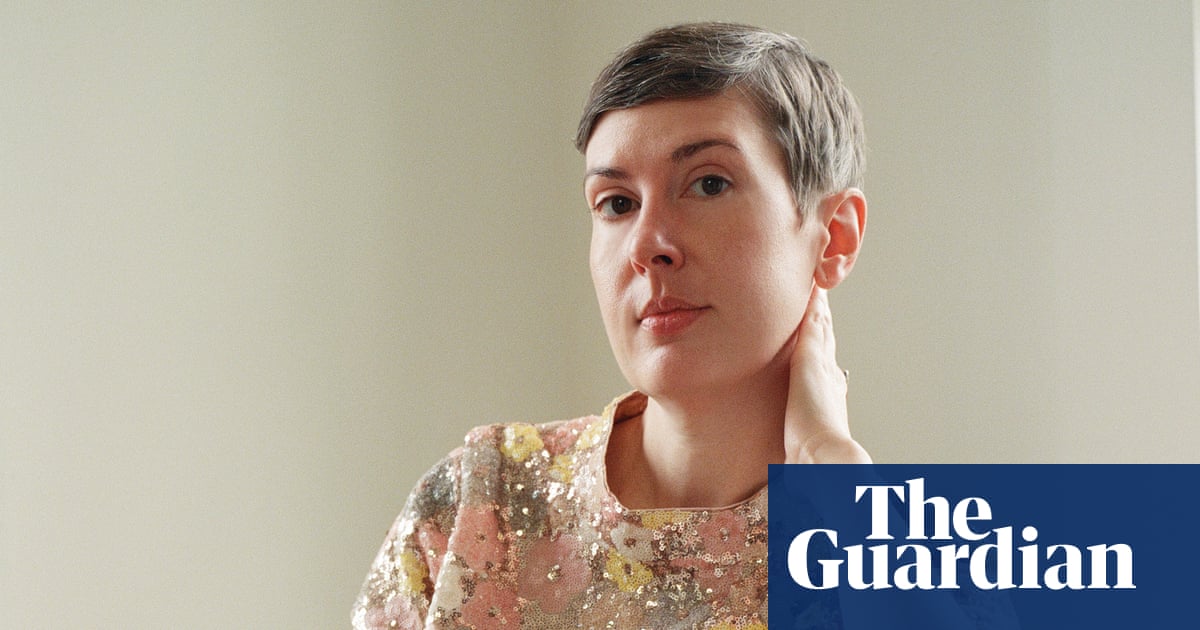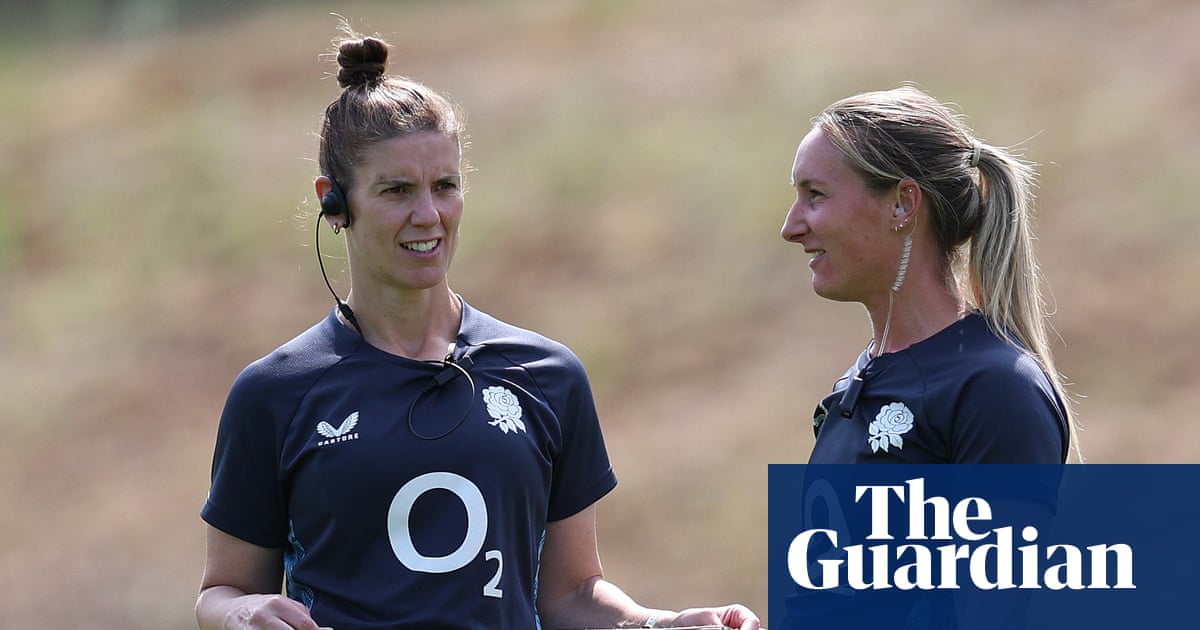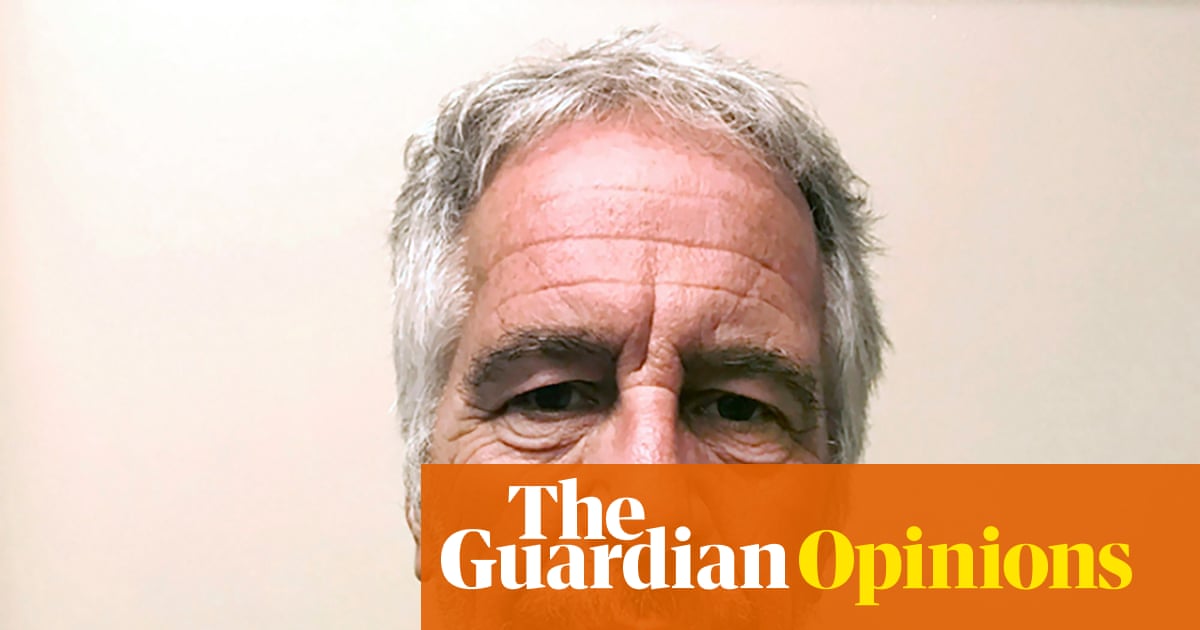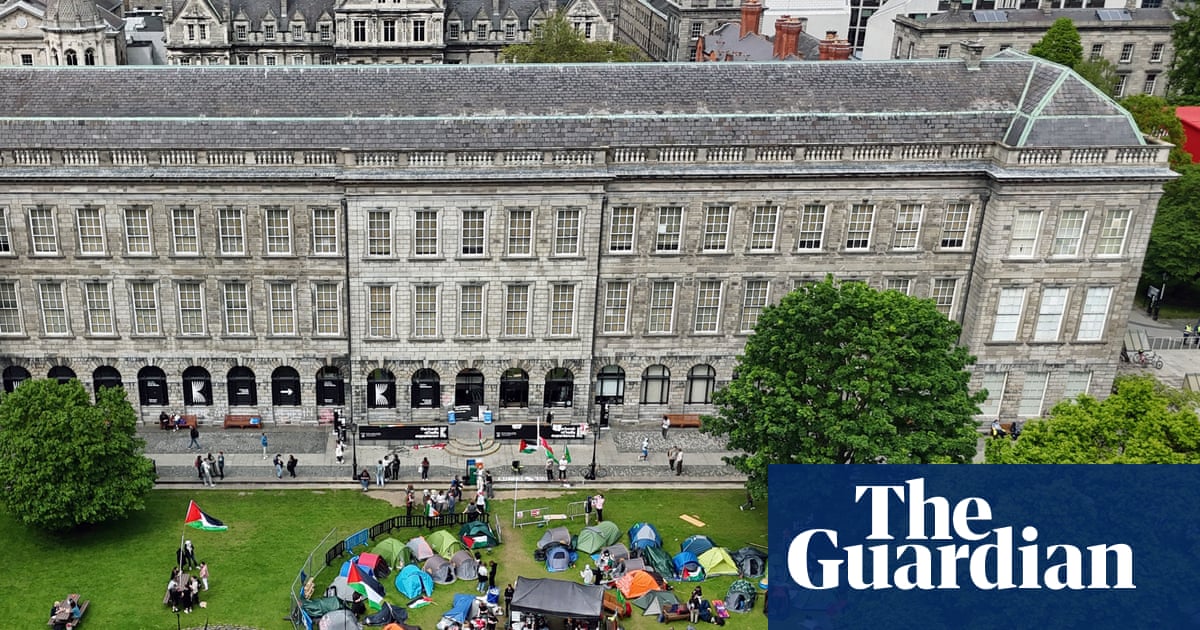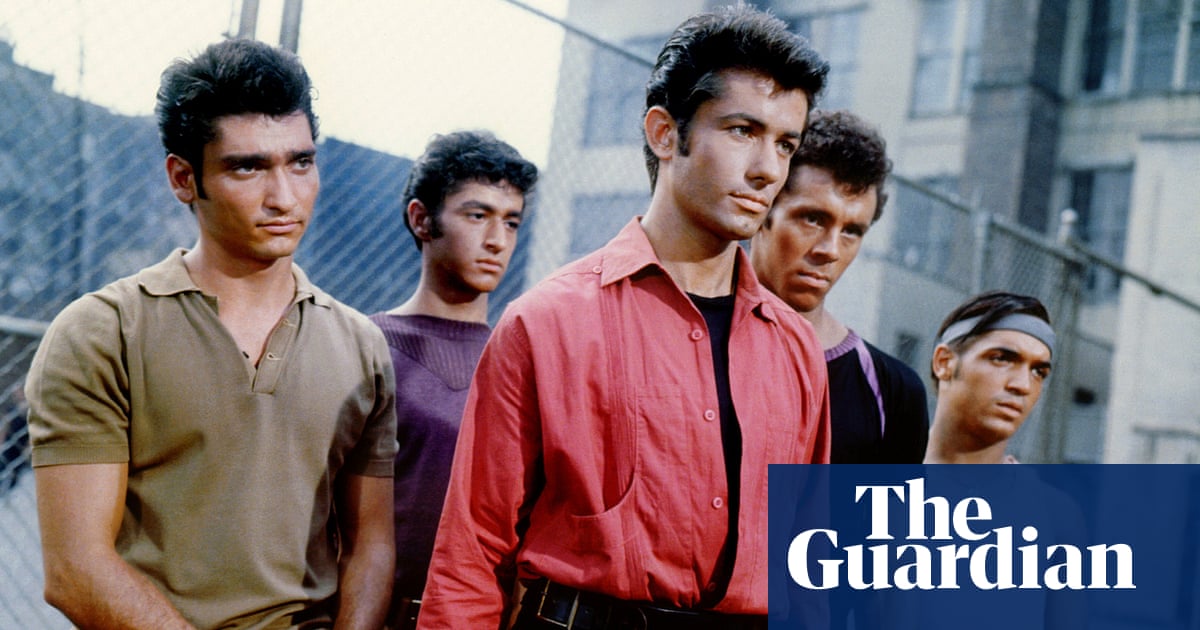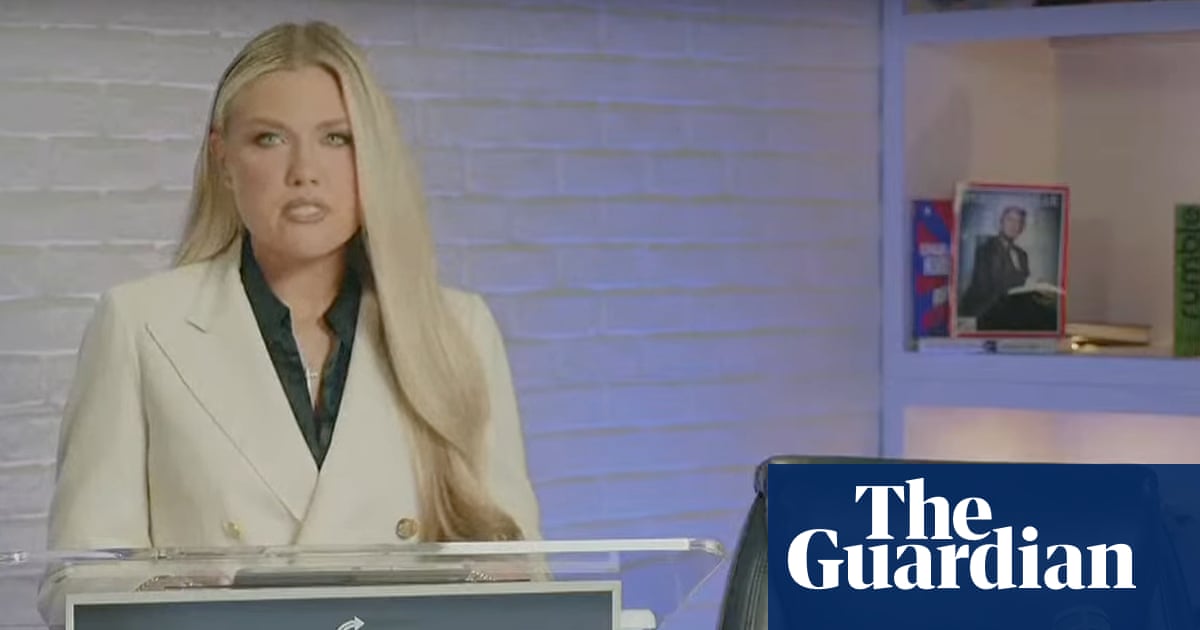Casey says having incomplete ethnicity data on grooming gangs has been 'disaster', and officials to blame for 'public irresponsibility'
Referring to the national inquiry, Casey says she wants this to be different from the types of inquiry that have happened before.
On data, she says national data on grooming gangs is “incomplete and unreliable”. That is to put it mildly, she says.
She says this is a form of irrresponsibility.
She says:
I feel very strongly on issues that are as searing as people’s race, when we know the prejudice and racism that people of colour experience in this country, to not get how you treat that data right is a different level of public irresponsibility.
Sorry, to put it so bluntly, I didn’t put it that bluntly yesterday, but I think it’s particularly important if you are collecting those sorts of issues to get them 100% right.
And if you are not getting them 100% right, please don’t use them to justify another position, which is potentially what happened.
That may be well meaning, it may not be well meaning, but that’s how the data has run. And I think the sooner we bring a close to that – my view is collect something or don’t collect something. For God’s sake, don’t half collect it. That’s a bloody disaster, frankly.
She says, even where data has been collected on ethnicity, it has only talked about people being of Asian or Pakistani heritage. She says that bundles people together in one big grouping. It is not helpful, she says.
UPDATE: Casey also said:
When we asked the good people of Greater Manchester Police to help us look at the data we also collected – I think it’s in the report – what was happening with child abuse more generally, and of course … if you look at the data on child sexual exploitation, suspects and offenders, it’s disproportionately Asian heritage. If you look at the data for child abuse, it is not disproportionate, and it is white men.
So again, just note to everybody, really outside here rather than in here. Let’s just keep calm here about how you interrogate data and what you draw from it.
Key events Show key events only Please turn on JavaScript to use this feature
Q: Should the devolved governments contribute to the national inquiry?
Casey says she would be disappointed if the national criminal investiation did not involve Scotland. It is easy for criminals to move from England to Scotland, she says.
She says it is “really important” that there is join-up between England, Scotland, Wales and Northern Ireland, she says.
Joani Reid (Lab) says she is a Scottish MP. She asks if Casey spoke to any devolved organisations when doing her report.
Casey says people in Britain should not read her report and think this could not happen here.
In Scotland police forces were merged into Police Scotland. So there data sharing should be better, she says.
Reid suggests it isn’t.
Casey is back talking about data. She says sharing data is easier now than at any time before in her career. And it is not expensive. But privacy concerns can be a problem. Often these are used to justify institutions protecting their interests, she suggests.
Q: Do we need a complete overhaul of police IT?
Sarah Kincaid, a policy adviser at the Home Office, says you do not need a whole new system. She says you can use new tools withing existing systems.
Casey cites work being done by Befordshire police as an example of good practice. You do not need to spend “300 years” on a digital overhaul, she says.
Casey explains why she changed her mind on holding national inquiry, saying it is needed for 'accountability'
Jake Richards (Lab) ask Casey why she changed her mind on a national inquiry.
Casey says, early on, she was doubtful about the need for another inquiry. The Alexis Jay one was very thorough. And, as someone who has written reports that have not been implemented, she knows the importance of focusing on implementing recommendations.
But she says, without a national inquiry, she realised they would not deal with the issue of accountability.
She says she is in favour of catching criminals. Her view initially was, if money was available, it should go to the police, to help them catch criminals.
But then the government said it would set up five local inquiries. But Oldham was the only council that wanted to do one, he says. The others were not volunteering.
And then she looked at the assurance reviews carried out for Andy Burnham in Greater Manchester. These showed that authorities were withholding information, and lawyering up. These reviews were taking years, and not getting to the truth.
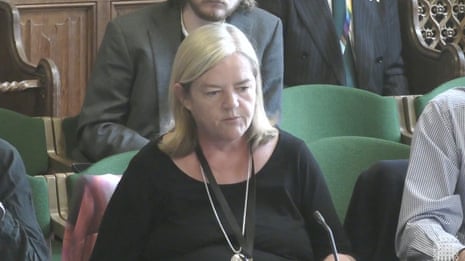
Casey says children are at risk because police data sharing systems are too antiquated
Casey says in the past government has talked relentlessly about the need for better data sharing between departments.
But she says there is a need to consider making this mandatory.
She says, until she came back to this issue to conduct her audit, she did not realise the “paucity of technology” available to support the police. She goes on:
I was there when the tragedy of Soham happened. We knew at that point that if we had had better data sharing there’s a possibility that we might have saved those girls’ lives. There’s certaintly an absolute clarity that intelligence would have been much faster in either avoiding it or or actually finding that dreadful human being earlier.
And we’ve known that forever onwards. And so I think there is also an issue that the Home Office can’t drag their feet on, looking at police intelligence systems, given we’ve living in the 21st century. Probably everbody in this room can connect within seconds. Yet we had Befordshire police finding a young boy that was being, in my mind trafficked to London. But the data intelligence system did not make it easy for them to find that he was in Deptford and being circled and dealt with by predators.
Casey says this may not be a big issue for the public, but it is “a very big issue for the system”.
Casey says having incomplete ethnicity data on grooming gangs has been 'disaster', and officials to blame for 'public irresponsibility'
Referring to the national inquiry, Casey says she wants this to be different from the types of inquiry that have happened before.
On data, she says national data on grooming gangs is “incomplete and unreliable”. That is to put it mildly, she says.
She says this is a form of irrresponsibility.
She says:
I feel very strongly on issues that are as searing as people’s race, when we know the prejudice and racism that people of colour experience in this country, to not get how you treat that data right is a different level of public irresponsibility.
Sorry, to put it so bluntly, I didn’t put it that bluntly yesterday, but I think it’s particularly important if you are collecting those sorts of issues to get them 100% right.
And if you are not getting them 100% right, please don’t use them to justify another position, which is potentially what happened.
That may be well meaning, it may not be well meaning, but that’s how the data has run. And I think the sooner we bring a close to that – my view is collect something or don’t collect something. For God’s sake, don’t half collect it. That’s a bloody disaster, frankly.
She says, even where data has been collected on ethnicity, it has only talked about people being of Asian or Pakistani heritage. She says that bundles people together in one big grouping. It is not helpful, she says.
UPDATE: Casey also said:
When we asked the good people of Greater Manchester Police to help us look at the data we also collected – I think it’s in the report – what was happening with child abuse more generally, and of course … if you look at the data on child sexual exploitation, suspects and offenders, it’s disproportionately Asian heritage. If you look at the data for child abuse, it is not disproportionate, and it is white men.
So again, just note to everybody, really outside here rather than in here. Let’s just keep calm here about how you interrogate data and what you draw from it.
Casey says it is important to stress that group-based sexual exploitation is still rare.
It is a heinous crime, but it is rare, she says.
She says she is “fairly sure” it is still happening.
And she thinks people do not look hard enough to find victims.
She says she has gone “quite hard” on the need to properly treat Rotherham.
This was partly inspired by her experience in Rotherham, where there was a girl who was raped multiple times on her 13th birthday as a supposed birthday present.
That is why she wants to change the law on rape, she says.
Louise Casey gives evidence to MPs about her grooming gangs report
Louise Casey has just started giving evidence to the Commons home affairs committee about her grooming gangs report.
She starts by saying she was surprised to be asked to re-engage in this issue, given that she published a report into abuse in Rotherham 10 years ago.
But it was right to reopen the issue, she says.
She says she even asked herself if she had done enough given what she found in Rotherham.
There is a live feed at the top of the blog.
Tories call for grooming gangs inquiry to be extended to cover Scotland
The Conservatives are calling for the new national grooming gangs inquiry to be extended to cover Scotland. At present, it is only due to cover England and Wales.
Andrew Bowie, the shadow Scottish secretary, has proposed this in a letter to Yvette Cooper, the home secretary. He said:
Now that the Labour government has finally bowed to the huge public demand for a national inquiry into the grooming gangs scandal it is essential that it is truly national in scope.
That means extending the remit to include Scotland, where there have been well-documented cases of gangs responsible for the rape and sexual abuse of young women.
The home secretary must work with the Scottish Government to agree the scope of the inquiry because it’s imperative that the voices of Scottish victims of these vile gangs are heard and appropriate lessons learned for the future.
Kemi Badenoch is not the only party leader being accused of opportunism over grooming gangs. Rupert Lowe, who was elected as a Reform UK MP but who left the party after a bitter row with Nigel Farage, posted this on social media this morning.
I sat next to Farage in the Commons when he stated that Reform would ‘raise the money’ for a rape gang inquiry. I applauded him.
For that, I am sorry. Nothing happened. Nothing was done. Reform did nothing.
It is filthy politics, and I feel deeply ashamed for my role in it.
‘Vital’ that British steel gets Trump tariff deal after UK-US trade pact, say unions
Steel trade unions have said it is “absolutely vital” that the UK rapidly secures a deal to protect the sector from Donald Trump’s tariffs, after the industry was excluded from an initial UK-US pact signed last night, Julia Kollewe and Jasper Jolly report.
Here are some pictures of Keir Starmer at the G7 summit in Kananaskis, Alberta, Canada, yesterday (where many of the events happened late evening or overnight UK time).
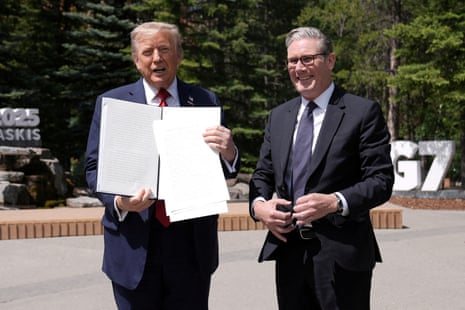

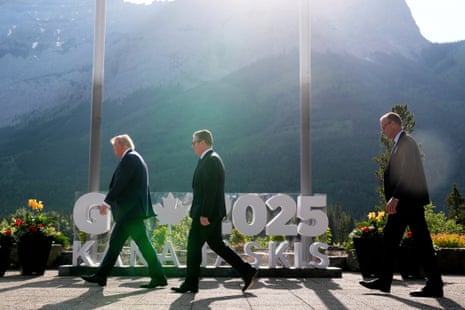
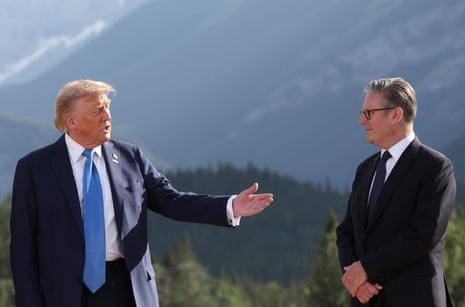
Minister says UK still hoping to reduce US tariffs on steel, after Trump/Starmer trade deal leaves this unresolved
Keir Starmer and Donald Trump signed off a UK-US trade deal at the G7 summit in Canada, with the US president saying Britain would have protection against future tariffs “because I like them”, Peter Walker reports.
Under the deal, the UK aerospace sector avoids all US tariffs, and the car industry faces tariffs of 10%, down from 25%.
But the steel industy still faces tariffs of 25%.
Speaking about the deal on BBC Breakfast this morning, Heidi Alexander, the transport secrtary, said:
We’re working through some technical detail around steel because we want to bring that 25% tariff that applies at the moment obviously down further.
But I think the fact that we’re in this unique position, we’re the only country in the world to have already got a trade agreement with the US.
We are working on getting that implemented. We’ve made some progress on car manufacturing, which is going to be really important for companies such as Jaguar Land Rover based in Solihull.
Also on aerospace, as you will have heard, really important for companies like Rolls-Royce, and we’re determined to go further and we’ll be working on those issues around steel in the coming days, weeks and months.
Louise Casey criticises Tories for politicising her grooming gangs report
Good morning. After the Home Office yesterday published Louise Casey’s audit of the grooming gang scandal, none of the political parties at Westminster seriously challenged any of her conclusions, or recommendations. But, of course, that does not mean there was consensus. As reported here yesterday, an almighty blame game commenced (or resumed, to be more accurate).
In an interview on Newsnight last night, Casey said she was “disappointed” by the way her report was being politicised and criticised the Conservatives in particular.
Asked what she felt about the “politicisation” of her report, Casey replied:
I’m disappointed by it, to put it mildly.
I really hoped – and hope still – that the report is so clear, it’s so straightforward. We need to change some laws. We need to do a national criminal investigation. We need to get on with the national inquiry with local footprint in it. And ideally, wouldn’t it be great if everybody came behind that and just backed it and got on with it?
Asked what she felt about the proceedings in the Commons yesterday, Casey said:
I just felt, dare I say it, I felt the opposition could have just been a bit, ‘Yes, we will all come together behind you.’ Maybe there’s still time to do that. I think it’s just so important that they do.
It almost doesn’t matter right now, does it, what political party people are part of. We’ve identified there’s a problem, it’s been a problem there a long time, and it’s about time we drew a line in the sand.
There does not seem much chance that Kemi Badenoch will take any notice. She has scheduled a press conference today and, judging by her X feed last night, she intends to celebrate what she perceives as a victory for her campaigning. The 10 most recent posts on her feed are either tweets or retweets about the grooming gang scandal. This is the one she has pinned.
This national inquiry is a hard-won victory for the brave survivors who refused to be silenced — who gave up their anonymity to expose the institutions that failed them.
Labour fought it every step of the way. They voted against it. Mocked campaigners. Smeared them. Branded it a “far-right bandwagon” and a “dog whistle.”
Now they’re pretending they supported it all along? Disgraceful. Their hand was forced.
Our job now is to make sure this inquiry delivers justice for every survivor. No more delays.
Here is the agenda for the day.
9.30am: Angela Rayner, deputy prime minister, chairs cabinet. Keir Starmer is still in Canada at the G7 summit.
10.30am: Louise Casey, the crossbench peer and former civil servant, gives evidence to the Commons home affairs committee about her grooming gangs report published yesterday.
11am: Kemi Badenoch holds a press conference.
Noon: Downing Street holds a lobby briefing.
1pm: John Swinney, Scotland’s first minister, gives a speech on independence at the Scotland 2050 conference in Edinburgh. Anas Sarwar, the Scottish Labour leader, is speaking at 2.10pm.
Early afternoon (UK time): Starmer takes questions from British print journalists and broadcasters at the G7 summit.
Late afternoon: MPs debate amendments to the crime and policing bill relating to abortion. They will vote at 7pm.
If you want to contact me, please post a message below the line when comments are open (normally between 10am and 3pm at the moment), or message me on social media. I can’t read all the messages BTL, but if you put “Andrew” in a message aimed at me, I am more likely to see it because I search for posts containing that word.
If you want to flag something up urgently, it is best to use social media. You can reach me on Bluesky at @andrewsparrowgdn.bsky.social. The Guardian has given up posting from its official accounts on X, but individual Guardian journalists are there, I still have my account, and if you message me there at @AndrewSparrow, I will see it and respond if necessary.
I find it very helpful when readers point out mistakes, even minor typos. No error is too small to correct. And I find your questions very interesting too. I can’t promise to reply to them all, but I will try to reply to as many as I can, either BTL or sometimes in the blog.

 2 months ago
48
2 months ago
48




